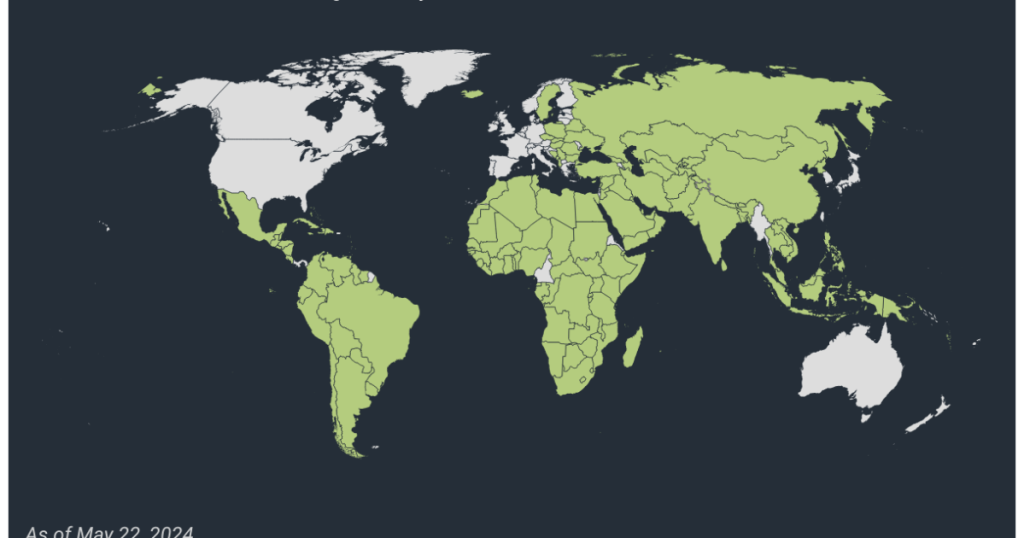Norway, Ireland and Spain have recently announced their formal recognition of Palestine as a state, prompting Israel to recall its envoys to these countries for urgent consultations. This move has elicited strong reactions from Israel, with Foreign Minister Israel Katz stating that Israel will not remain silent on the matter and threatening to recall the Israeli ambassador from Spain as well. Additionally, Israeli Finance Minister Bezalel Smotrich has declared that he will cease transferring tax funds to the Palestinian Authority, a practice required by international law.
The announcement by Norway, Ireland, and Spain comes in the midst of a growing trend of countries publicly considering the recognition of Palestine as a state, particularly within European nations. Other European countries like Slovenia, Malta, and Belgium are also engaging in discussions regarding the recognition of Palestinian statehood. Currently, there are nine European nations, including Norway, Ireland, and Spain, that officially recognize Palestine as a state, with the number expected to increase as more countries deliberate on the matter.
In recent years, there has been a significant shift in international support towards recognizing Palestinian statehood. In 2024, the United Nations General Assembly voted in favor of Palestine joining the UN, a step only states can take. While much of the Middle East, Africa, and Asia acknowledge Palestinian statehood, countries like the United States, Canada, Australia, Japan, South Korea, and many Western European states have refrained from doing so. This year, countries such as the Bahamas, Trinidad and Tobago, Jamaica, and Barbados have joined the list of nations that officially recognize Palestine.
The journey towards Palestinian statehood has been ongoing for several decades, with milestones achieved in different periods. From 2011 to 2023, various developments contributed to advancing Palestinian statehood, including UNESCO granting Palestinians full membership, the General Assembly changing Palestine’s status to a nonmember observer state, and the International Criminal Court recognizing Palestine as a party. Sweden became the first Western European country to officially recognize Palestine in 2014, setting a precedent for other nations to follow suit.
Between 2000 and 2010, countries like Brazil, Argentina, Bolivia, and Ecuador recognized Palestine as a state, showing a gradual increase in international support for Palestinian statehood. The first Oslo Accord signed in 1993 aimed to bring about Palestinian self-determination and a Palestinian state alongside Israel, marking a historic moment in Israeli-Palestinian relations. In the late 20th century, nations like South Africa, Kyrgyzstan, and Malawi recognized Palestine, further strengthening the global recognition of Palestinian statehood.
The proclamation of Palestine as an independent state by Yasser Arafat in 1988, with Algeria being the first country to officially recognize Palestine, was a significant moment in the history of the Israeli-Palestinian conflict. A multitude of countries, mostly from the former Soviet bloc, followed suit in recognizing Palestine as an independent state with Jerusalem as its capital. This led to a wave of international support for Palestinian statehood, with countries across Africa, Asia, Europe, and the Middle East extending their recognition to Palestine. Despite ongoing challenges and obstacles, the international community’s increasing acknowledgment of Palestinian statehood reflects a growing consensus on the need for a just and lasting resolution to the Israeli-Palestinian conflict.


